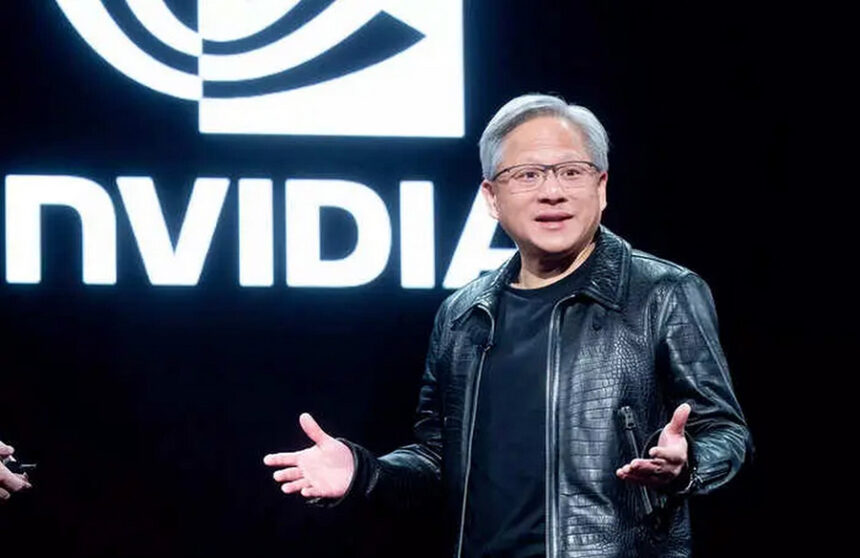Jensen Huang, CEO of Nvidia, has expressed skepticism regarding Sam Altman’s reported efforts to raise up to $7 trillion to bolster the supply of GPU chips. Huang’s remarks were made at the World Governments Summit in Dubai, where he suggested that the actual cost of developing artificial intelligence (AI) infrastructure would be substantially lower than Altman’s proposed amount.
Questioning Altman’s Ambitious Plan
During the summit, Huang made a lighthearted comment about the notion of spending $7 trillion to purchase “apparently all the GPUs,” indirectly referring to Altman’s endeavor to raise funds for increasing chip supplies. Altman, the chief of OpenAI, aims to address the global chip shortage by securing trillions of dollars for chip production.
Huang’s Contradicting Views
Contrary to Altman’s proposed expenditure, Huang emphasized that the cost of AI infrastructure development would be significantly less than $5 trillion to $7 trillion. He pointed to anticipated advancements in computing, suggesting that the need for additional computing power might not be as extensive as projected.
Forecasting AI Data Center Costs
Huang projected that the global expenditure on building AI data centers would reach approximately $2 trillion by 2029. He explained that while there is currently about a trillion dollars’ worth of installed data center infrastructure, this figure is expected to double in the next four to five years to accommodate the growing demand for software worldwide.
Context of Altman’s Initiative
Huang’s comments followed reports indicating Altman’s discussions with potential investors, including the UAE government, regarding his ambitious initiative to raise funds for semiconductor chip production. Altman’s efforts aim to alleviate the ongoing global chip shortage by significantly increasing chip supplies.
Nvidia’s Position in the Market
Nvidia, already a dominant player in the AI-chip market with a valuation close to $1.8 trillion, has been in talks with various companies, including OpenAI, Microsoft, Google, and Meta, to collaborate on developing custom chips for data centers. The company is reportedly planning to establish a dedicated division to design data-center chips and AI processors for cloud-computing firms.
Response from Nvidia and OpenAI
Neither Nvidia nor OpenAI immediately responded to requests for comment regarding Altman’s initiative and Huang’s remarks, made outside regular working hours. However, Nvidia’s proactive approach in exploring partnerships and innovations underscores its commitment to advancing AI technology and addressing the evolving demands of the semiconductor market.



Leave a Reply